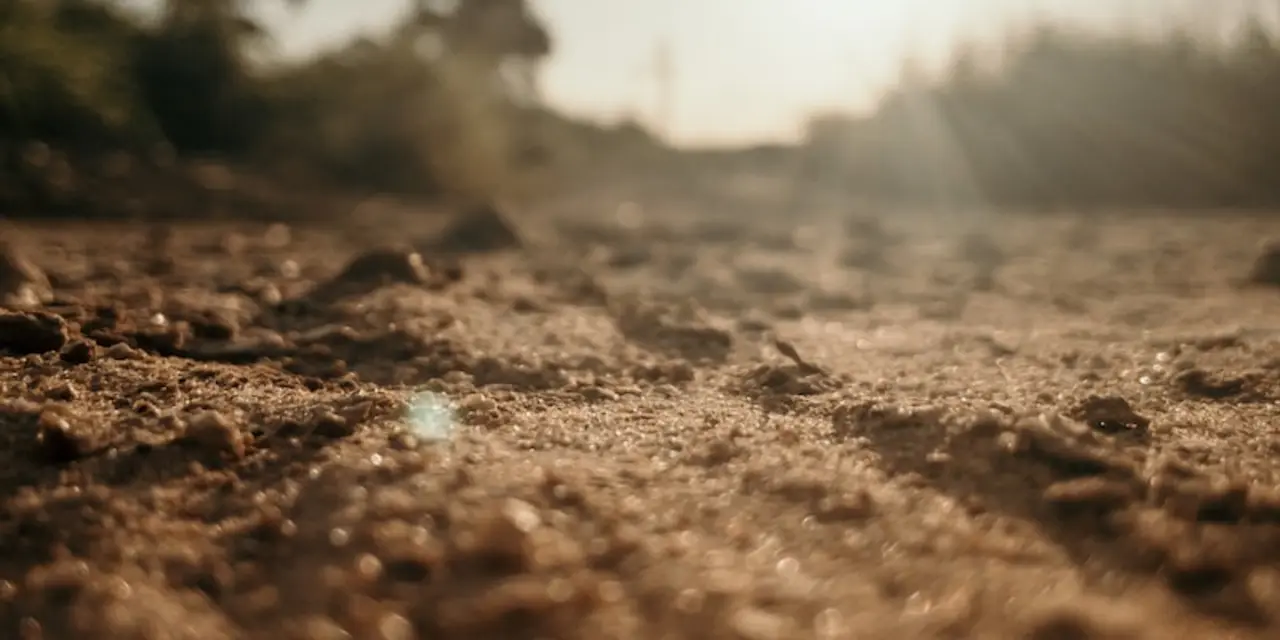Soil is an often overlooked yet vitally important natural resource. It's the foundation of life on Earth, providing the nutrients and moisture needed to support the growth of plants, which in turn provide food, fuel, and oxygen to the planet’s inhabitants. Soil is also a key component in most ecosystems, providing a home and habitat for a variety of organisms, including bacteria, fungi, insects, and other animals.
The importance of soil goes beyond just providing a home and food for organisms. It also plays a role in climate regulation, filtering pollutants, storing carbon and water, and providing a rich source of minerals. Soil also helps to prevent erosion and flooding, and is essential for agriculture and forestry.
Soil is a finite resource, meaning that it’s not renewable. The degradation, depletion, and destruction of soil is a serious problem that threatens food security and human health. Poor management and excessive cultivation can lead to soil erosion, compaction, and loss of organic matter, all of which can reduce productivity and increase the risk of floods and droughts.
The preservation and protection of soil is therefore essential to safeguard our planet’s future. In order to do this, we need to understand the importance of soil and the benefits it provides. We also need to be aware of the threats it faces and take steps to reduce them.
By protecting and preserving our soil, we can ensure that it remains a vital resource that can continue to provide us with the food, fuel, and oxygen we need to survive.
Soil is a precious resource that supports all life on Earth. It is an important natural resource that provides food, water, and energy, and is essential for sustaining a healthy environment. The soil is the foundation for the production of food, the hosting of wildlife, and the filtering of water, among other important functions. Without healthy soil, we would not be able to grow healthy plants, which are the cornerstone of our food production systems. The importance of soil cannot be overstated; it is essential to the health of our planet and our species.
Soil has many important benefits and uses. It is home to a variety of organisms, including bacteria, fungi, and insects that are essential to plant growth and health. These organisms help to break down organic matter, releasing nutrients that nourish plants. Soil also provides vital storage for water and air, helping to regulate the water cycle and allowing plants to access the oxygen they need to survive. In addition, soil acts as a buffer against erosion and helps to filter pollutants from the water.
Soil also plays an important role in climate change. Healthy soil is able to absorb and store large amounts of carbon, helping to reduce greenhouse gas emissions. It is also able to absorb and store water, helping to reduce the risk of flooding. Finally, soil is also a valuable source of food and energy. It is estimated that more than half of the world’s population relies on soils for their livelihoods.
Soil is an essential natural resource that supports life on Earth. Without healthy soil, our planet would not be able to support human life, or any other life for that matter. We must take steps to protect and conserve this valuable resource, so that it can continue to support us for generations to come.
